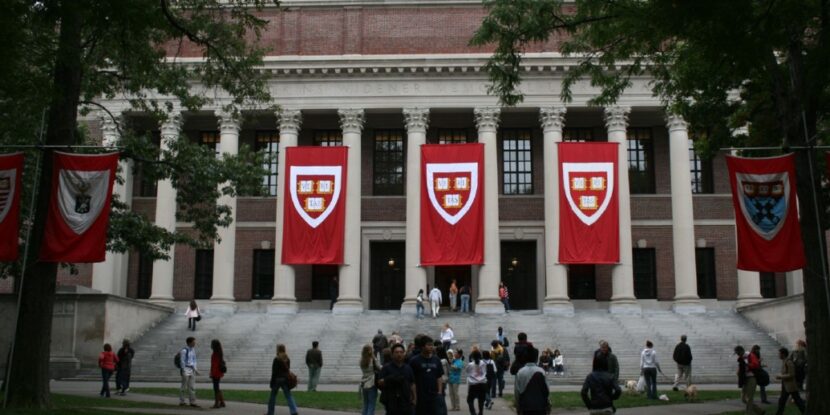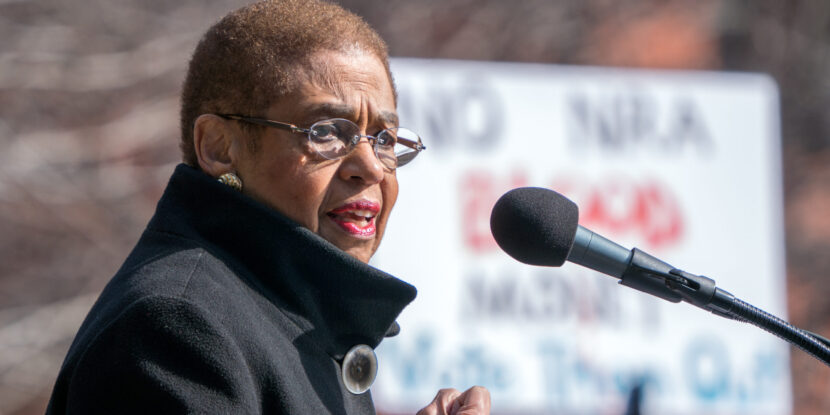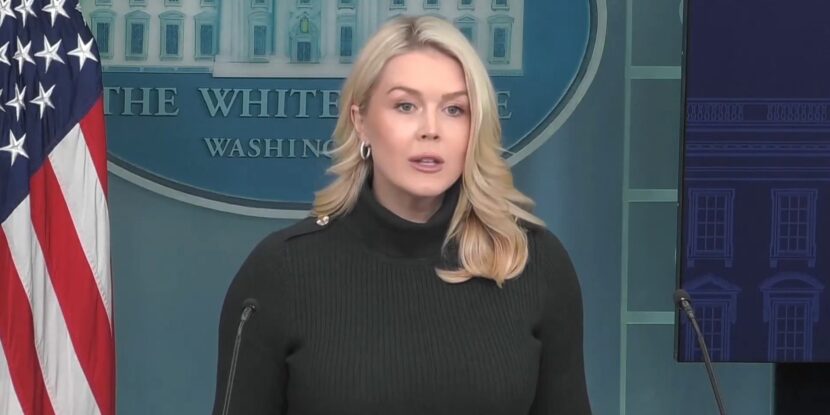A group of 40 top private universities in the United States, including Harvard, Cornell, Dartmouth, Brown, and Yale, faces a class-action lawsuit. The legal action, filed in the U.S. District Court for the Northern District of Illinois, alleges that these institutions conspired to overcharge students by factoring in the financial backgrounds of noncustodial parents when determining financial aid packages.
A Boston University student and a Cornell University alumnus filed the lawsuit, seeking $5 million in damages. It also demands that the schools discontinue the alleged scheme. The complainants argue that the schools’ methodology requires noncustodial parents’ financial details to be considered, even when they do not contribute to the applicant’s education costs. According to the lawsuit, this requirement has led to inflated tuition fees, allegedly raising the cost by approximately $6,200 compared to institutions not using the same financial aid criteria.
The lawsuit also names the College Board, a nonprofit organization that developed the financial aid methodology in question. Documents revealed an entanglement between the College Board and university officials, including individuals influential in both organizations. The College Board has responded, indicating it is reviewing the lawsuit and expressing confidence in its position.
Steve Berman, managing partner with Hagens Berman, the law firm representing the plaintiffs, stated that the alleged collusion disproportionately impacts applicants from divorced families. According to Berman, the scheme resulted in less financial aid than what would be available in an unmanipulated market.
New York University, also named in the suit, dismissed the allegations as unfounded and intends to challenge them vigorously. While some universities have refrained from commenting on the ongoing legal proceedings, others, including Brown, Dartmouth, Yale, Fordham, and the University of Pennsylvania, have not issued responses.




















